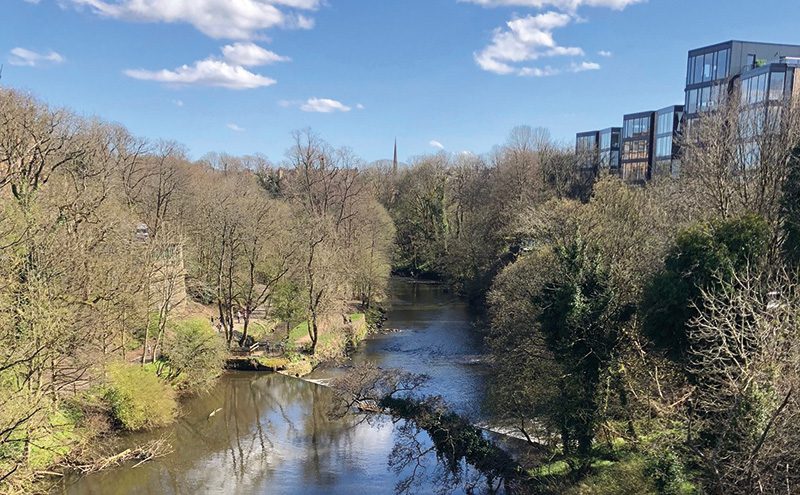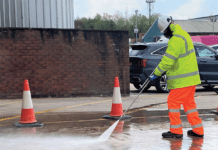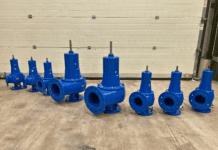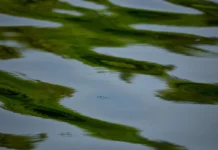Scottish Water is about to start a major project on its wastewater infrastructure in the West End of Glasgow to improve the environment and water quality in the River Kelvin.
In the first stage of the project, the utility company is to invest around £2.5m in improvements. The project forms part of Scottish Water’s £250m, five-year programme of work to improve river water quality and the natural environment across the Greater Glasgow area, helping the city to grow and flourish.
The first stage of the project will take place in Hillhead and Kelvingrove Park and will include the installation of new infrastructure at three key locations; Otago Street/Otago Lane, Westbank Quadrant and near the bandstand in Kelvingrove Park.
Three new Combined Sewer Overflows (CSOs) with screens will reduce the frequency and volume of waste water spillages in storm conditions, and so help improve the river water quality.
At present there is no screening on the three outfalls which spill into the river during storm conditions and Scottish Water and the Scottish Environment Protection Agency (SEPA) have identified that work is required to improve the overall environment of the watercourse for aquatic life, flora and fauna.
The work, which will be carried out for Scottish Water by its alliance partner amey Black and Veatch (aBV), is due to start in the coming weeks.
Most of the work is expected to be completed by spring 2019. However, work in the Westbank Quadrant area will be carried out over a period of six weeks this summer, another six week period in summer next year and the final work at this location is scheduled to begin in summer 2020.
Ruaridh MacGregor, Scottish Water’s Corporate Affairs Manager, said: “The investment, which is part of our ongoing improvements to the Greater Glasgow area’s waste water infrastructure, has been carefully planned, in liaison with all stakeholders, and we will do everything possible to minimise any disruption during our work.
“After engaging with the River Kelvin Angling Association during the early stages of planning for the project, we listened to their views and confirmed that we would relocate one of the overflow pipes further downstream.
“This work aligns closely with our future ambitions on delivering reliable, resilient and sustainable water and waste water services which are the cornerstones of our ongoing Shaping the Future consultation.”








